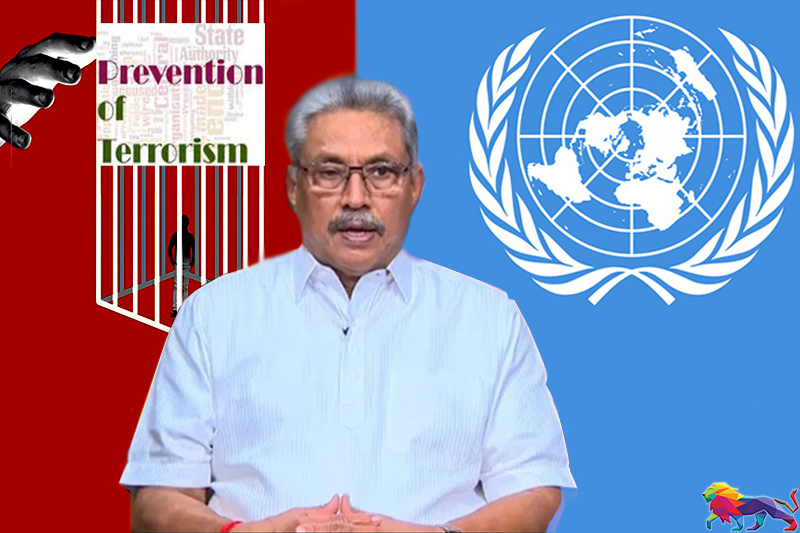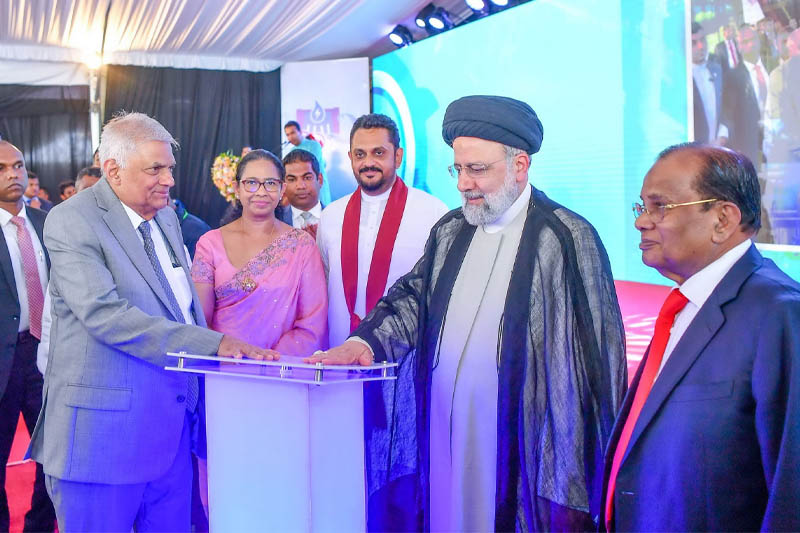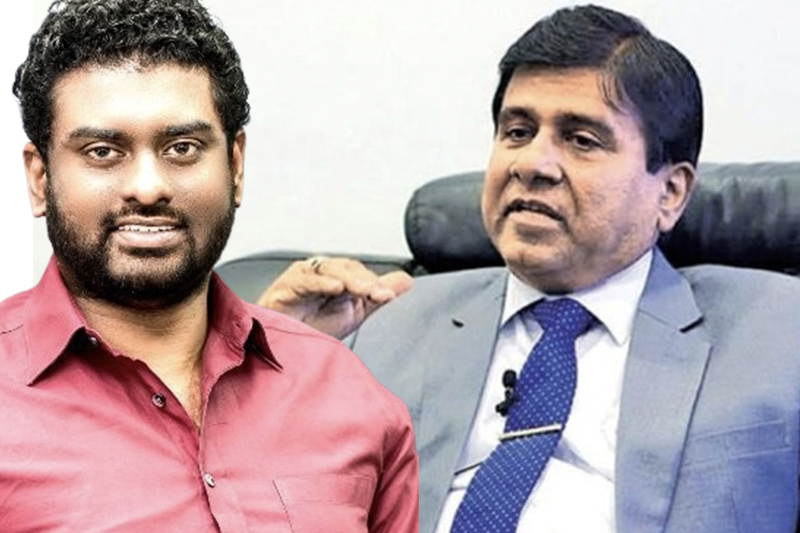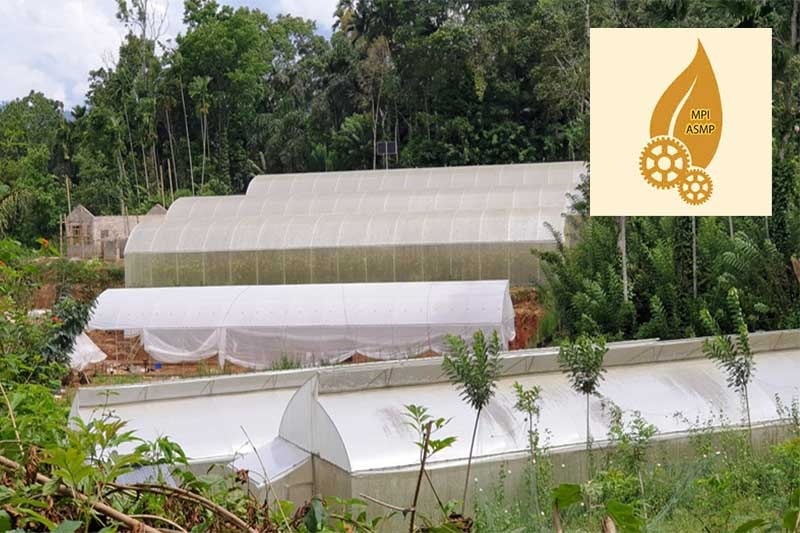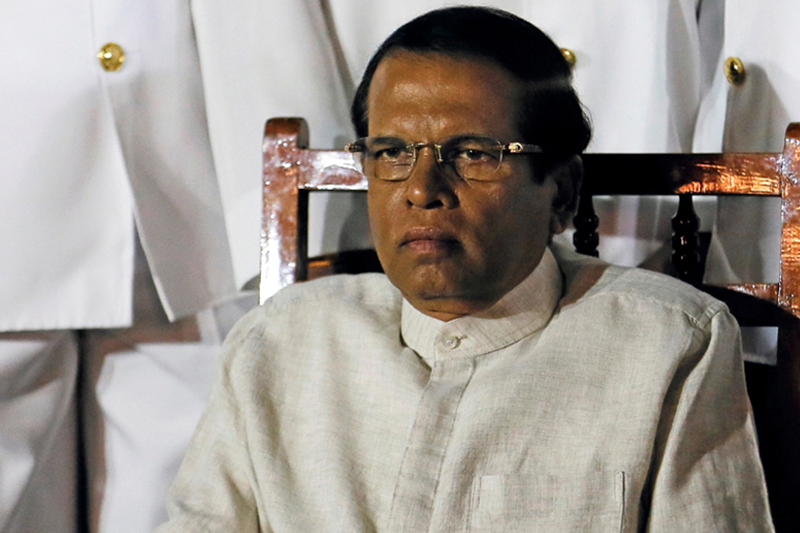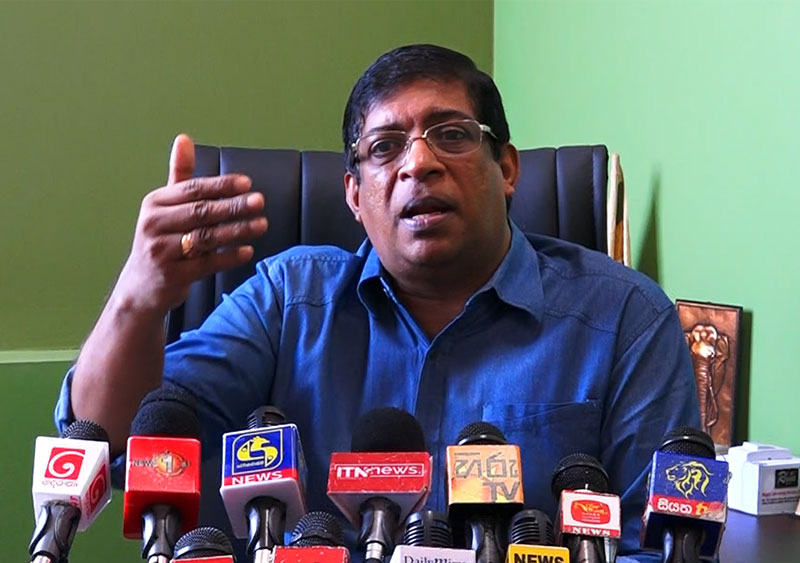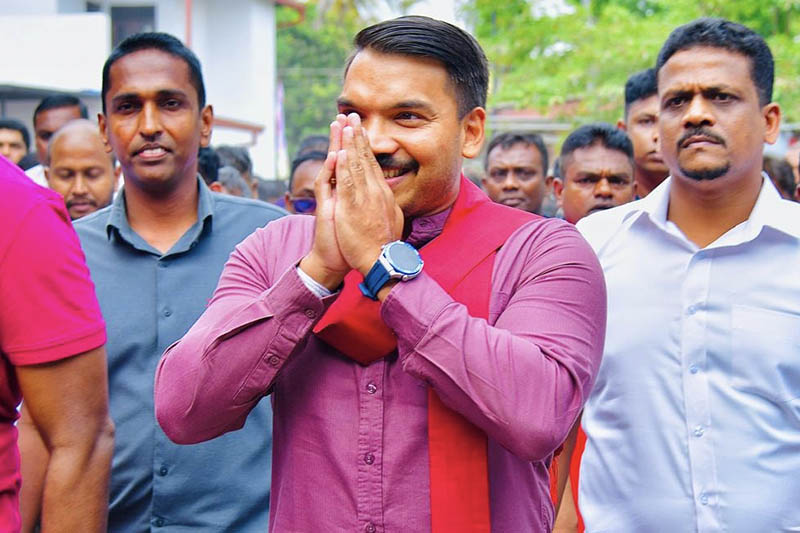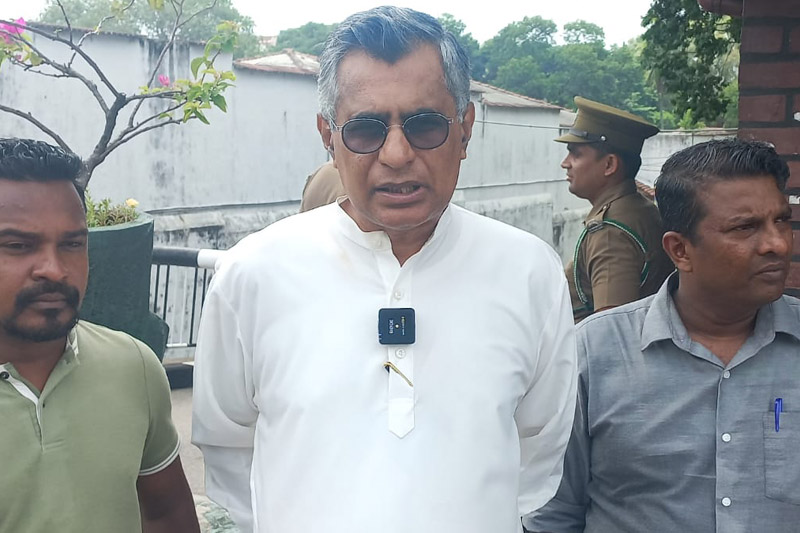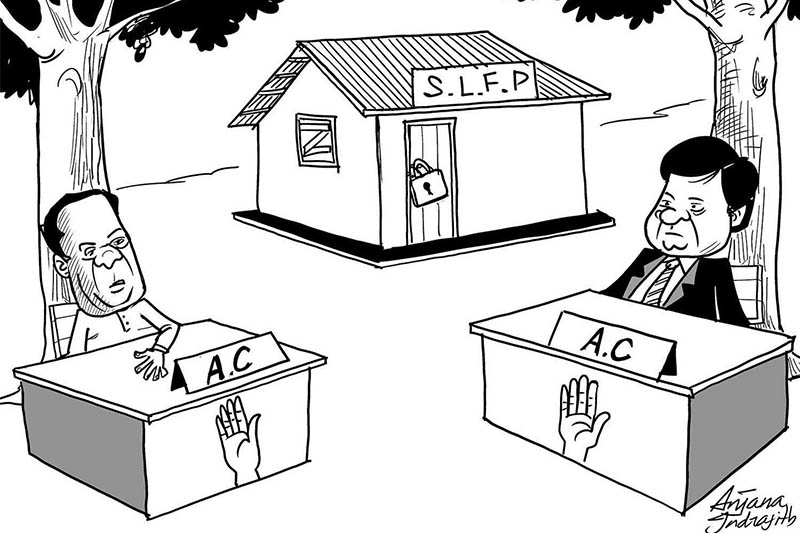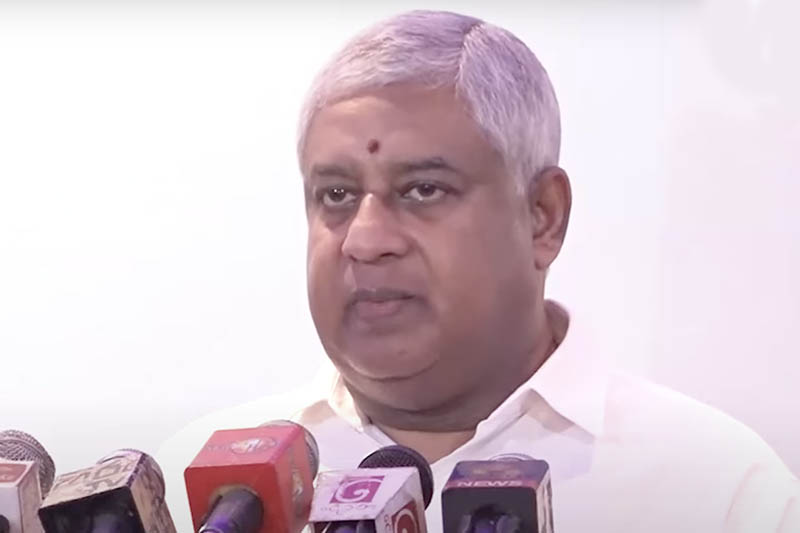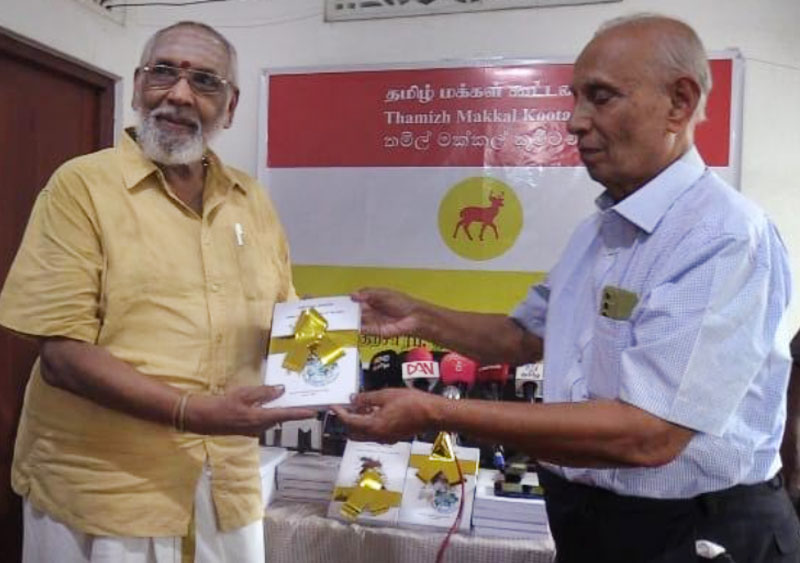Heavily criticizing Sri Lanka government’s new legislation under the Prevention of Terrorism Act (PTA), the United Nations has urged President Gotabaya Rajapaksa to withdraw the new regulations.
In a letter sent to the President, seven international human rights experts emphasised that the regulations included in the gazette notification issued by the President on 12 March under the title ‘Prevention of Terrorism (De-radicalisation from holding violent extremist religious ideology)’, ‘lack precision and legal certainty, impacting freedom of expression, opinion and religious belief.’
The letter, which seeks a response from the President with regard to the UN’s criticism, was sent in a context where the next Human Rights Council session in Geneva is to be held in a little over a month’s time.
The 13-page letter prompts that the proposed steps under these new regulations will violate a number of international human rights conventions the government has committed itself to.
Among these conventions are, the Universal Declaration of Human Rights (UDHR), International Covenant on Civil and Political Rights (ICCPR), International Covenant on Economic, Social and Cultural Rights (ICESCR), International Convention for the Protection of All Persons from Enforced Disappearances (ICPPED), 1992 Declaration on the Rights of Persons Belonging to National or Ethnic, Religious and Linguistic Minorities, as well as the 1981 Declaration on the Elimination of All Forms of Intolerance and of Discrimination Based on Religion or Belief.
The group of experts has raised concerns about the legal provisions coming under the new regulations, which allow a suspect to be referred to a process called ‘rehabilitation’ after arrest without due judicial procedure, which the experts say provides for the deprivation of individuals’ liberty fundamentally inconsistent with the most essential due process obligations protected by the ICCPR and UDHR.
Risk of being disappeared
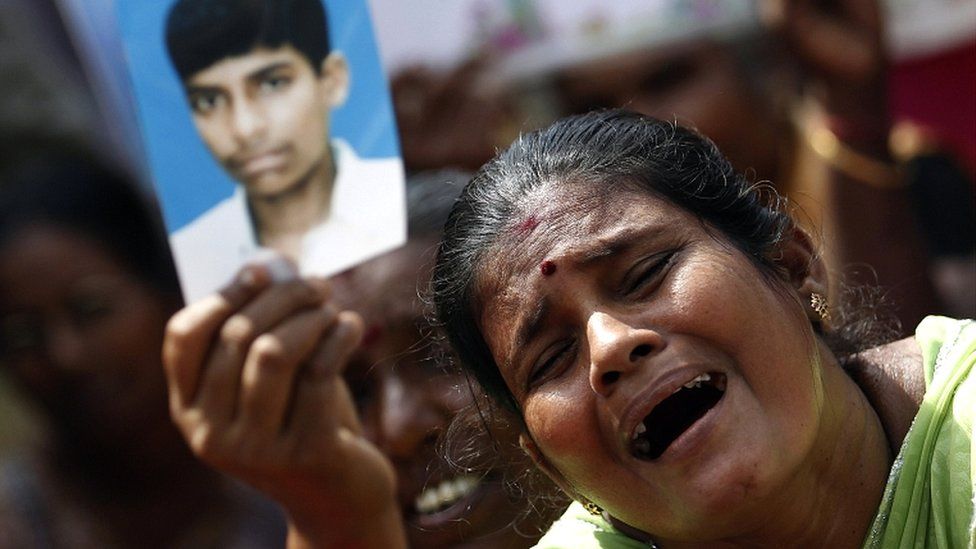
The UN expresses fears that individuals arrested under the new regulations would face the risk of being disappeared and tortured.
“Section 3 of the regulations allows non-law enforcement entities to detain individuals for up to 24 hours without a legal warrant or an investigation, raising the risk for enforced disappearances and torture, inhuman and degrading treatment,” says the letter to the president.
“Moreover, the inclusion of several provisions in the regulation creating the capacity to formally deprive persons of their liberty without judicial process, described as ‘rehabilitation’, may constitute arbitrary detention under international law, and is of profound concern to the experts.”
The experts further request the government to either reconsider these regulations to ensure that they are in accordance with international human rights laws Sri Lanka has promised to protect, or repeal.
The UN had earlier expressed disapproval of rehabilitating those who were detained for suspicion of being LTTE members following the end of the war, which the UN said was an oppressive act against the Tamil community which involved arbitrary detention and harassments including sexual harassments.
“The regulation risks jeopardizing the rights and liberties of persons who may be detained arbitrarily, especially religious and ethnic minorities, and may curtail political dissent with no effective due process guarantees,” the panel of experts warned.
They also urged the Sri Lankan government to immediately commence a thorough examination of the regulation with a view to rescission to ensure that human rights are not further eroded under the auspices of countering terrorism, and also recommended the repeal of the PTA and an immediate moratorium on its use.
Moreover, the UN panel of experts requested the President to formally respond to the matters pertaining to human rights violations pointed out in its letter.
President Rajapaksa had recently announced that he was committed to working with the UN to ensure accountability and human development in order to achieve lasting peace and reconciliation.
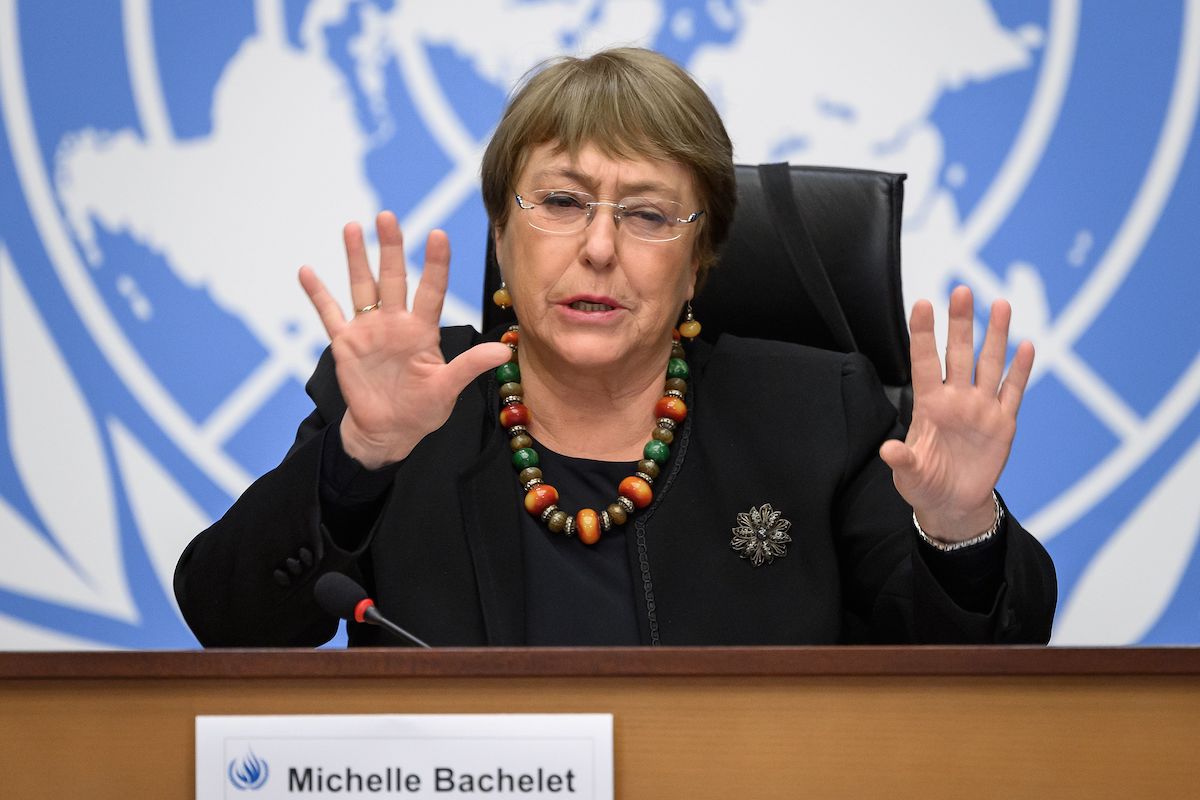
UN rights chief Michelle Bachelet
At the 47th UN Human Rights Council (UNHRC) session held in June, UN human rights chief Michelle Bachelet heavily criticized new laws claiming to stifle terrorism as measures targeting the Muslim and Tamil communities which could jeopardise the reconciliation.
The 48th session is scheduled to commence on 13 September where the high commissioner will report on Sri Lanka’s human rights record.
After considering several petitions filed challenging the legality of the controversial new regulations, on 5 August, a three-judge bench of the Supreme Court issued an order halting the implementation of the regulations.
The petitions - filed by Centre for Policy Alternatives (CPA) Executive Director Dr Paikisothy Saravanamuttu, journalists and human rights activists Ruwan Laknath Jayakody, Kavindya Christopher Thomas and Shreen Saroor - had named the Attorney General, Inspector General of Police (IGP), Rehabilitation Commissioner and Defence Ministry Secretary as respondents.
On 24 August the Supreme Court will announce whether the petitions will be granted leave to proceed.
The signatories of the letter sent to the president are, Special rapporteur on the promotion and protection of human rights and fundamental freedoms while countering terrorism, Fionnuala Ní Aoláin; Vice-Chair of the Working Group on Arbitrary Detention, Miriam Estrada-Castillo; Chair-Rapporteur of the Working Group on Enforced or Involuntary Disappearances, Tae-Ung Baik; Special Rapporteur on the promotion and protection of the right to freedom of opinion and expression, Irene Khan; Special Rapporteur on minority issues, Fernand de Varennes; Special Rapporteur on freedom of religion or belief, Ahmed Shaheed; and Special Rapporteur on torture and other cruel, inhuman or degrading treatment or punishment, Nils Melzer.

